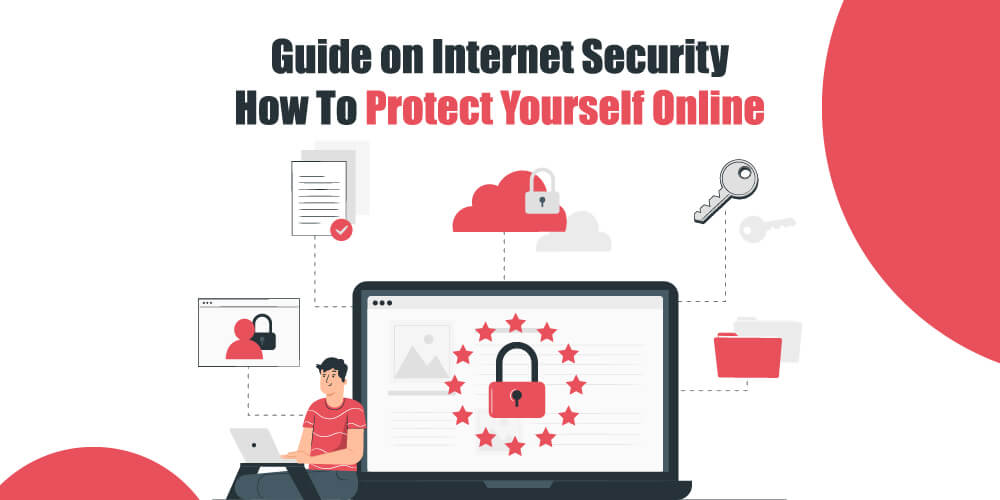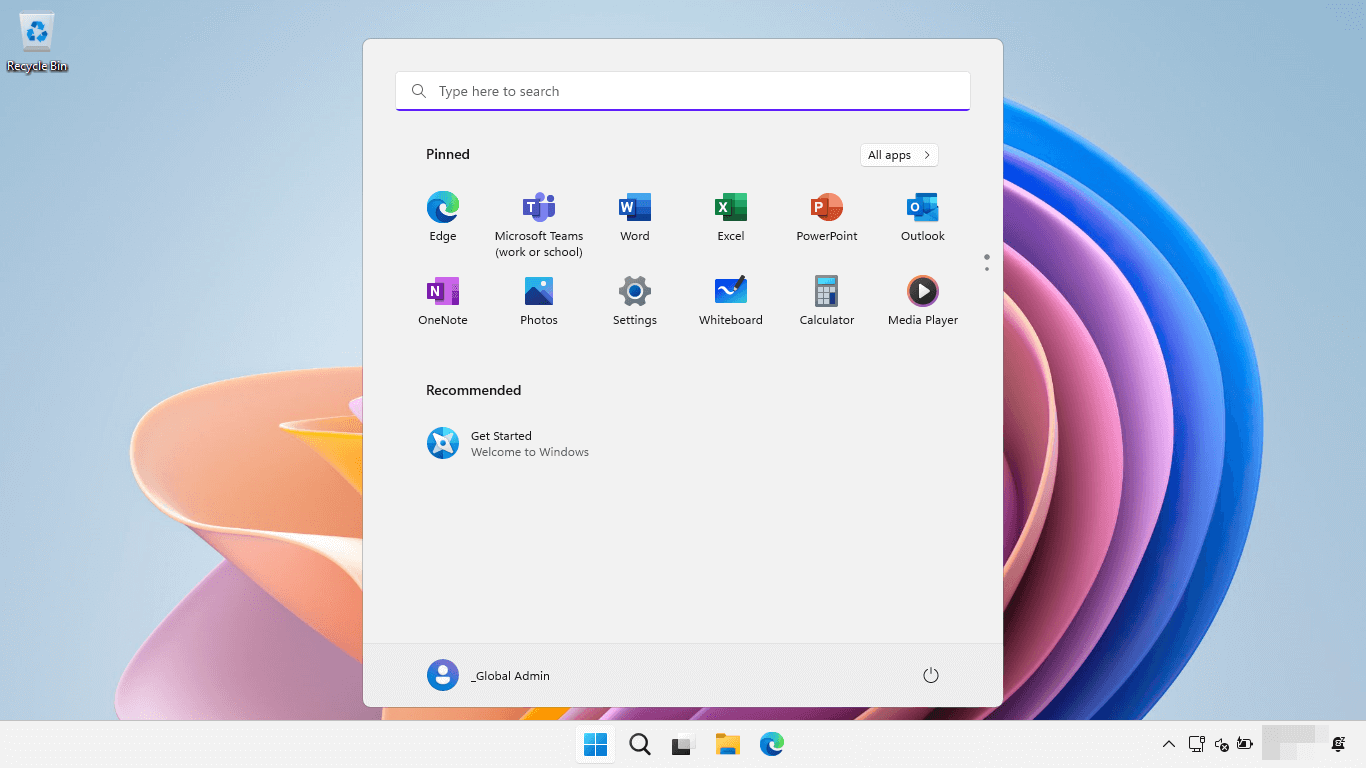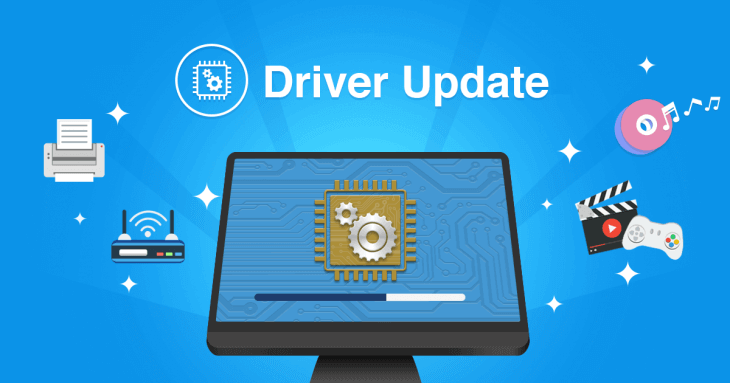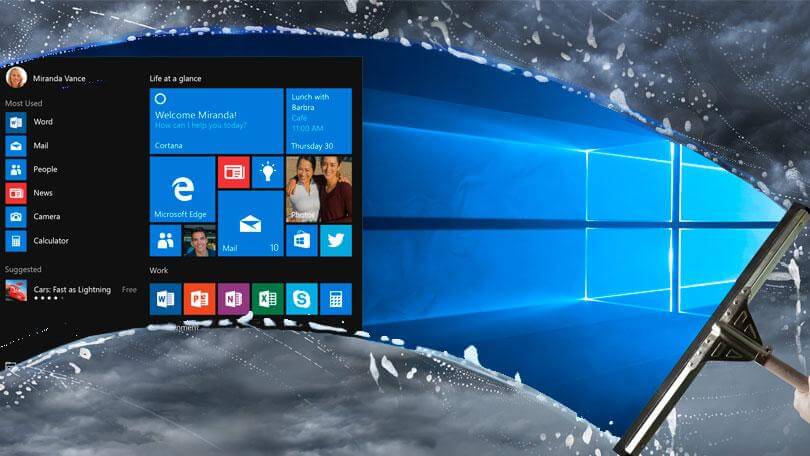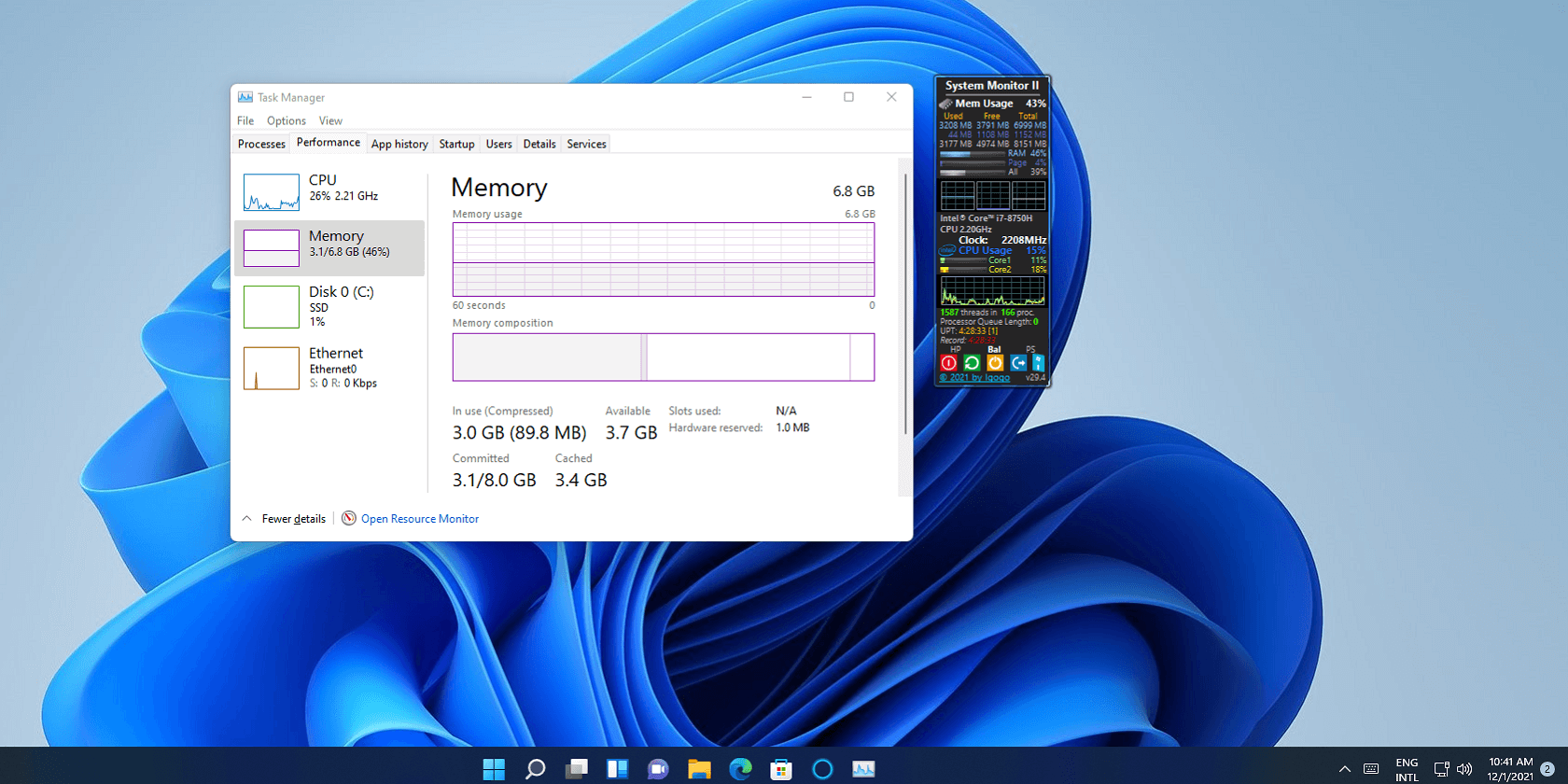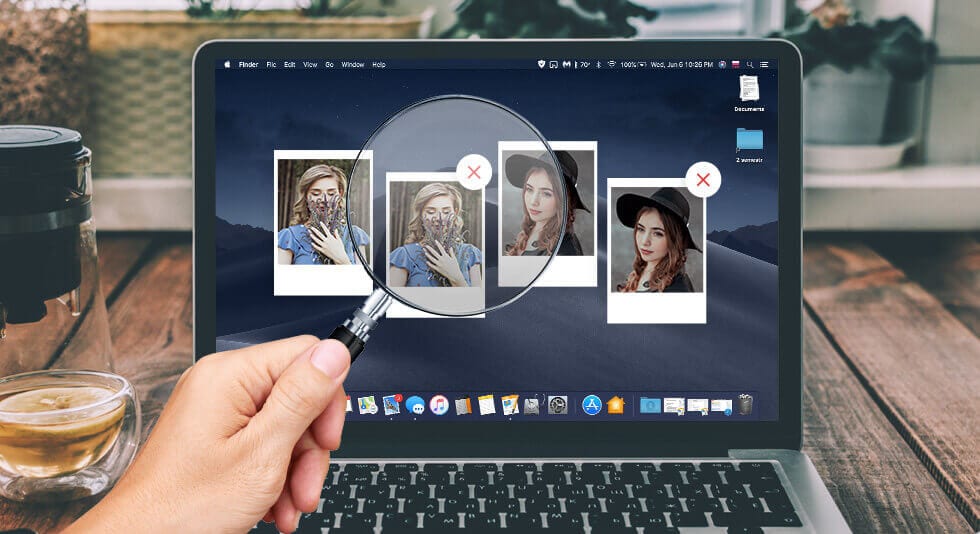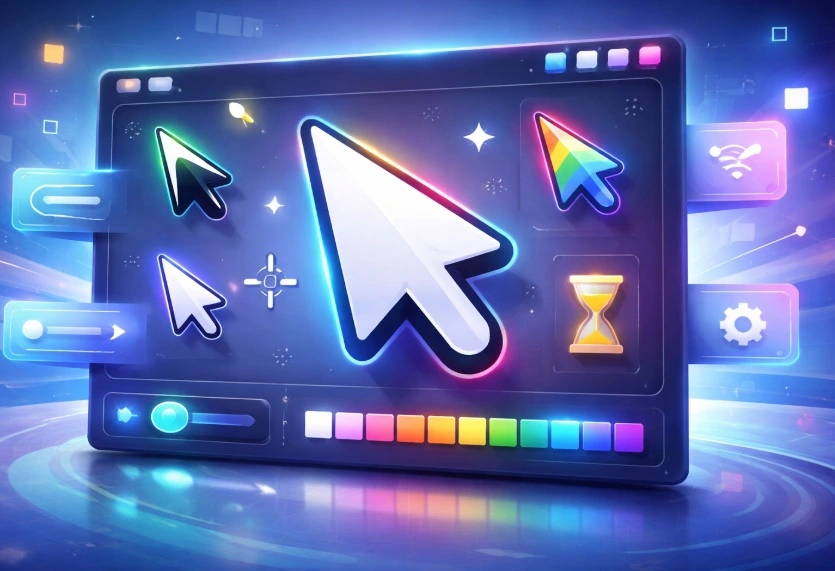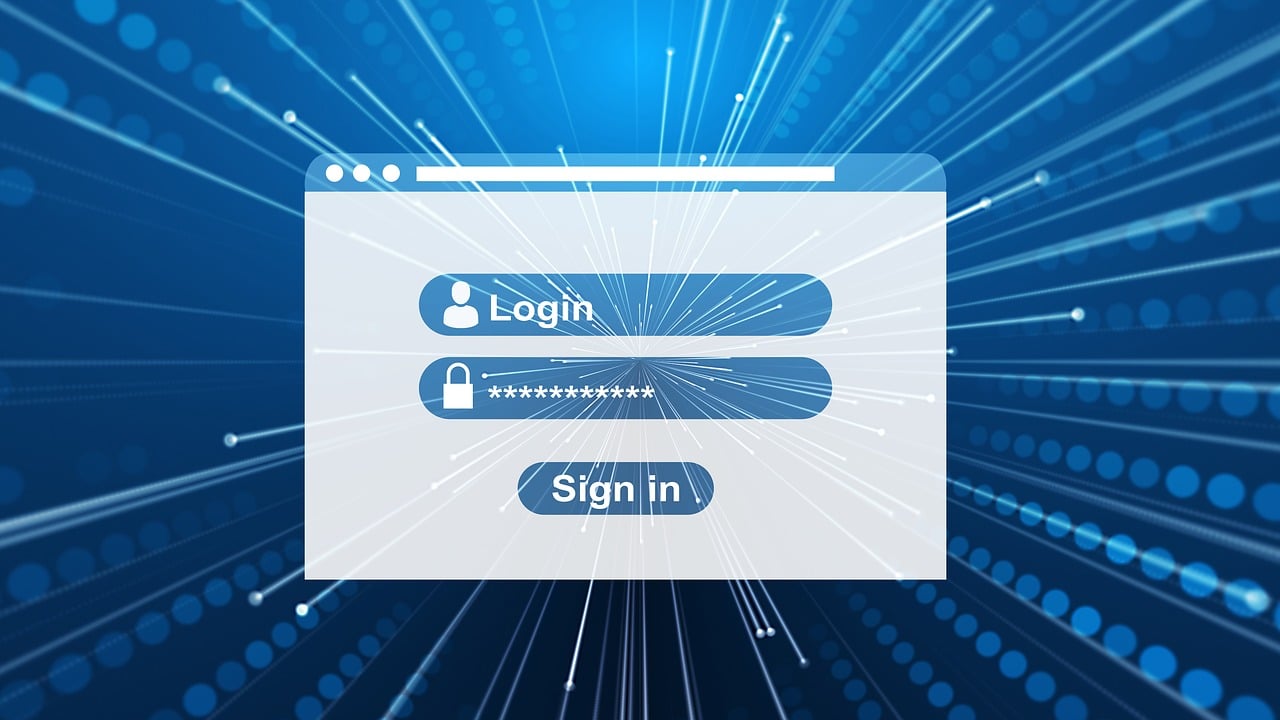Guide on Internet Security: How To Protect Yourself Online
What is internet security?
Internet security and network security refer to the same thing. However, internet security is slightly different from cybersecurity. In truth, it won’t be wrong to say that internet security is just but a segment of cybersecurity. It is prudent that you clearly understand the distinction between the two.
By definition, internet security refers to all the measures, strategies, tools taken by an individual, enterprise, or government to secure the confidentiality and integrity of data and networks.
On the other hand, cybersecurity is more concerned with the general security of a system, websites, servers, computers, and everything in cyberspace.
Is Internet Security Necessary?
What is the essence of internet security to an individual or organization? Isn’t the cost of setting up internet security extremely high for me? These are questions most people ask me whenever I mention to them anything to do with internet security.
I often respond to them with one statement: “investing in internet security is a must-do. However, if you think it will be too costly to invest in internet security, perhaps it would help if you checked out how costly a cyber breach could be.”
RiskIQ estimates that cyber breaches cost businesses $2.9 million every minute, on average. The same report further reveals that enterprises lose $25 every minute to cybercriminals.
One reason to get internet security strategy is to protect yourself from such costs. Internet security is also vital in protecting your sensitive data and users’ data against cybersecurity vulnerabilities.
To stay safe on the internet, you first need to be aware of some of your susceptible threats. Below, I have briefly explained some of the most prevalent cybersecurity threats you should be mindful of.
Internet Security Threats: What the Latest Numbers Say?
Staying safe online is more important than ever. Here are some recent facts that show how big the problem is:
- Cyberattacks happen all the time — more than 2,000 times a day, which means one attack every 39 seconds.
- Ransomware is a big threat — it locks your files and asks for money. There were over 236 million cases last year.
- Phishing emails are everywhere — about 3.4 billion fake emails are sent every day to trick people.
- Schools are top targets — they get attacked more than 3,000 times a week.
- Cybercrime costs are huge — it caused over $10 trillion in damage last year and could reach $23 trillion by 2027.
- AI is helping both sides — while it helps protect people, it also helps hackers make smarter attacks.
- Not enough experts — there’s a shortage of 4 million cybersecurity workers, and it could grow to 85 million by 2030.
- Insurance is getting expensive — prices for cyber insurance went up by 28%.
These numbers show that online threats are growing fast. That’s why it’s so important to use strong passwords, be careful with emails, and keep your software updated.
Common internet security threats Nowadays.
1. Phishing
Phishing is one of the social engineering attacks that hackers use to target their victims. A cyber attacker will masquerade as a genuine entity to dupe a target to open an email attachment or click on a malicious link. Upon clicking the attachment or opening the link, the victim might unknowingly download malware, reveal sensitive data, or freeze their network.
Attackers can also use phishing attacks to gain a position in corporate systems as part of a more significant cyber breach like the advanced persistent threat.
Phishing attacks have become so prevalent in recent times. According to a 2021 ProofPoint State of the Phish Report, 76% of businesses were victims of one or more phishing attacks in 2020. Without a doubt, phishing attacks are the most prevalent social-engineering attacks that you should protect yourself from.
2. Hacking and remote access
Remote working has been gaining momentum recently. Most companies are now opting to have their staff work from home. However, although this might be convenient to organizations, it might also expose your business to several internet security threats.
Remote working typically relies on the internet to exchange data outside the corporate infrastructure. For a seamless exchange of such data, one will require tools and devices, including those outside the control of an organization. As such, remote working is vulnerable to eavesdropping, data manipulation, BYOD threats, and Man-in-The-Middle attacks.
3. Malware
The word malware is a combination of malicious and software, which make up the definition of malware as malicious software. A malware attack is a type of cyber-attack that occurs when attackers craft malicious software and install it on a victim’s computer without the victim’s consent.
Malware attacks have been getting more sophisticated each year. It is one of the primary internet threats that could leave your system in shambles.
4. Ransomware
Ransomware is the most widespread malware attack that poses a significant risk to your entire system. It is sometimes called extortion software because it freezes up your entire system, denying you access to the system until you pay a ransom fee.
Mainly, hackers will demand that you pay the ransom fee in the form of Bitcoin to maintain their anonymity.
According to the FBI, there are over 4000 ransomware attacks each day. If you are keen on the cybersecurity news, you might have heard of the havoc the REvil hacking group has caused recently.
5. Denial of Service
Denial of Service attack is yet another common internet vulnerability. It occurs when legitimate users cannot access a system, device, data, or other network resource because of the actions of malicious cyber attackers. Vulnerable services to denial-of-service attacks include websites, emails, online accounts and all services that require the internet.
The five threats explained above can leave your entire system in devastation. To avoid the heavy repercussions of such attacks, it is wise that you have proper security measures to protect yourself from such threats. In the next section, we will learn about the basic security practices that will protect you from internet threats.
Internet Data Security Tips
● Use SSL Protocol
Installing an SSL certificate is one of the best security measures for staying protected on the internet. The SSL certificate is a digital certificate that combines with the HTTP protocol to form the HTTPS protocol that enables the safe transfer of data and information between two internet points such as website servers and website browsers.
If you have a website, you must ensure that you buy an SSL certificate to safeguard all sensitive data from data interceptions. Most websites, especially startups and small business owners, fear purchasing an SSL certificate because they think they are way too expensive.
However, that is usually not the case. There is no harm when you buy the cheapest SSL certificate. All SSL certificates, whether free or the most expensive ones, give the same encryption strength.
One of the critical things you have to check when buying an SSL certificate is the SSL provider. Some of the best SSL certificates you can go for include Rapid SSL certificate, Comodo SSL certificate and GeoTrust SSL certificates.
● Install an Antimalware and Keep It Updated
It would be best if you had antivirus software to safeguard yourself against internet-related malware attacks and viruses. Remember, we mentioned malware as one of the internet securities threats you are likely to encounter. To protect yourself against such threats, it will be wise to get antimalware software.
You must also remember that new malware and new threats are coming up daily, and this is why you must continually update your antimalware software to keep it well-equipped and, in a position, to fight new and emerging threats.
● Explore the Security Tools You Install
Internet security tools are a must-have. They uphold an internet user’s privacy and help safeguard your system against old and novel cyber vulnerabilities. The tools can help you conduct privacy audits and threat scans to find and remove security threats that might exist in your system. Some of the best security tools that you can consider purchasing include.
- TotalAV
- SolarWinds Security Event Manager
- LifeLock
- Acunetix
● Adhere to Best Password Practices
With internet security, having a strong password should never be an option but mandatory. Passwords protect your entire system against unauthorized entries. However, hackers have been known to break through weak passwords by employing dictionary attacks and brute force attacks.
If you are using a weak password, then your entire system is susceptible to data breaches. You can check out this page for some of the best password practices you must adhere to.
● Use Two-Factor Authentication
Passwords have proved to fail in keeping your system safe from cyber vulnerabilities. Therefore, it would be best if you had two-factor authentication to supplement your passwords. In two-factor authentication, apart from using passwords to authorize entry into your online accounts, you will also use extra authentication factors such as security codes, biometric factors and one-time passwords.
● Use up-to-date software and Operating systems.
Hackers usually figure out new hacking techniques. Old software and operating systems might be ill-equipped to protect your network from security threats. As a security measure, you must always ensure that you update your software to prevent any threats due to loopholes existing in old software versions.
To Wrap Up
Internet security threats can take you out of business. You must ensure that you know some of the threats you are vulnerable to and some of the actionable steps to prevent those threats. This article has tackled the meaning of internet security, cybersecurity threats, and solutions to those threats.
As a best practice, always ensure that you use multiple security solutions to strengthen your security walls. Lastly, do not forget to backup, just in case things go south.
Popular Post
Recent Post
Keyboard Light Settings: Keyboard Lighting Control [Complete Guide]
Keyboards are no longer simple typing tools. Well, yes! Over time, they have evolved to include features that improve comfort, visibility, and overall experience. One of the most useful features today is keyboard lighting. It helps users work comfortably in low-light conditions. It also reduces strain when typing for long hours. Many users first notice […]
Customizing Pointer Appearance: Complete Guide
The way your mouse pointer looks on your computer may seem like a small detail. But customizing pointer appearance can make using your PC more comfortable and visually appealing. Many users do not realize that they can change the pointer size, color, and style to fit their needs. Whether you want a bigger pointer for […]
How To Choose a Computer Monitor: Monitor Buying Guide
Buying a monitor looks easy. Many people think all screens are the same. That belief causes regret later. A monitor is not just a display. It is a daily tool. You read on it. You work on it. You relax with it. Small problems become big over time. Poor brightness hurts eyes. Bad size causes […]
How To Get Help With File Explorer in Windows 11 [Complete Guide]
File Explorer is one of the most important tools in Windows 11. It is used to open folders, view files, and manage stored data. Almost every action on a Windows computer depends on it in some way. When users open documents, save downloads, or organize photos, File Explorer is always involved. Because it is used […]
How To Fix A Frozen Computer: Complete Guide [Windows 11/10]
A frozen computer is one of the most common problems Windows users face. The screen stops responding. The mouse pointer does not move. Keyboard inputs do nothing. You may hear the fan running loudly. Sometimes the system looks alive, but nothing works. This situation often happens when you are busy or working on something important. […]
How to Upgrade Computer RAM: Complete Guide
Upgrading RAM is one of the simplest ways to improve a computer. It helps the system feel faster and smoother. Apps open quicker. Browsers handle more tabs. Games and tools run with less delay. Many users search for how to upgrade computer RAM because it gives real results without high cost. You do not need […]
How To Clean Your Computer Keyboard: Complete Guide
A computer keyboard is touched more than almost any other device you own. It is used during work, study, gaming, and casual browsing. Fingers carry natural oils, sweat, and dirt. Small food crumbs fall between keys without notice. Dust settles each day slowly. Over time, this creates a hidden layer of grime. Many users do […]
Computer Mouse Buying Guide for Beginners and Advanced Users
Buying a mouse looks easy at first. Many people think all mouse work the same way. Well, that idea often leads to regret later. A mouse affects comfort, speed, and daily work. It matters for office tasks, gaming, design, and study. The right choice reduces strain and improves control. The wrong one feels annoying every […]
How To Overclock a Computer: A Complete Guide
Overclocking is the process of making your computer run faster than its factory settings. It mainly affects the processor, graphics card, and sometimes memory. Many people choose this method to improve performance without buying new hardware. It is popular among gamers, video editors, and users who run heavy software. When done properly, overclocking can give […]
How To Find Password Saved on This Computer: Complete Guide
Many people forget their login details at some point. It happens often. We create many accounts every year. Each one needs a username and a password. Over time, it becomes hard to remember all of them. That is why computers offer ways to store login details. These saved details help users sign in faster. They […]
